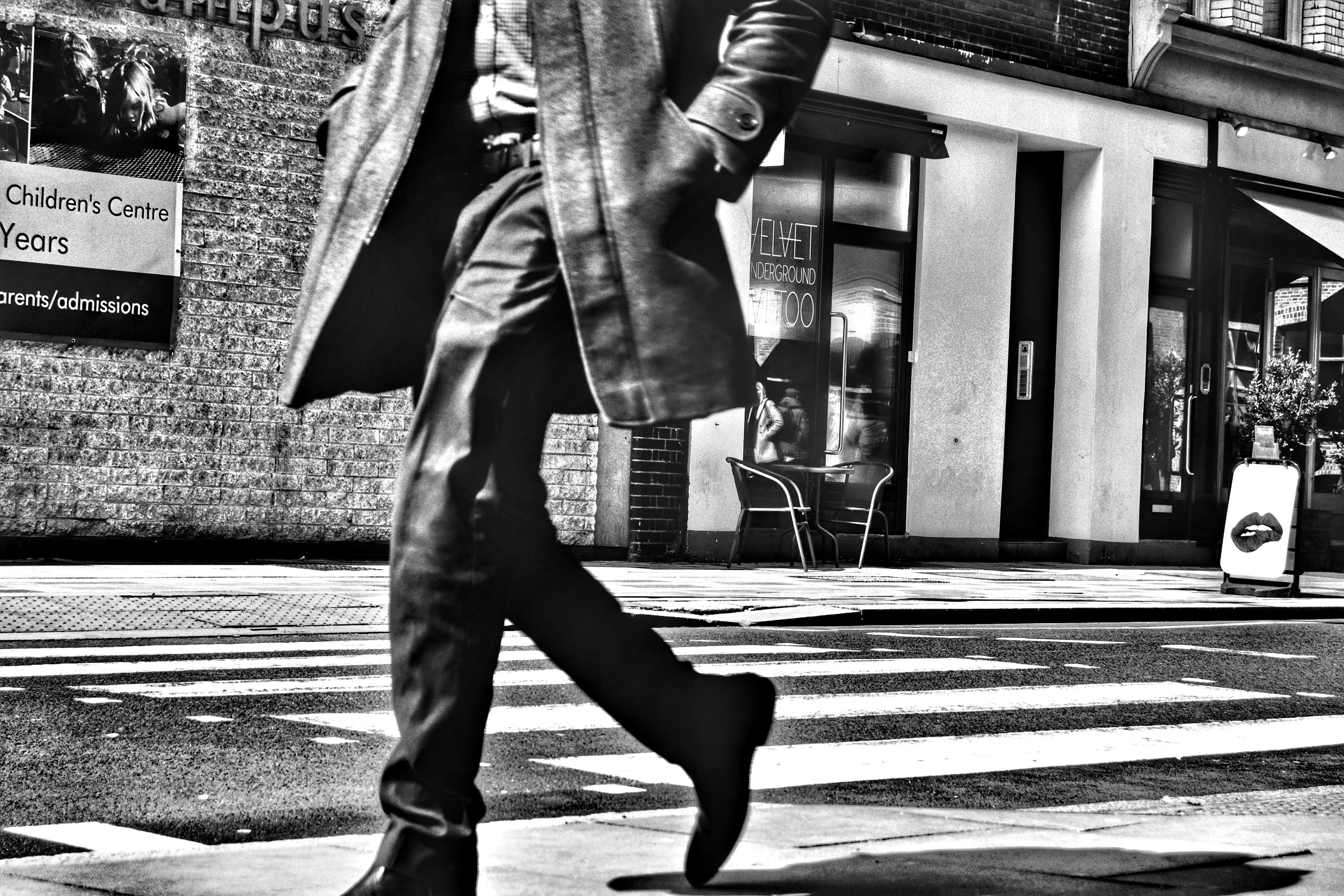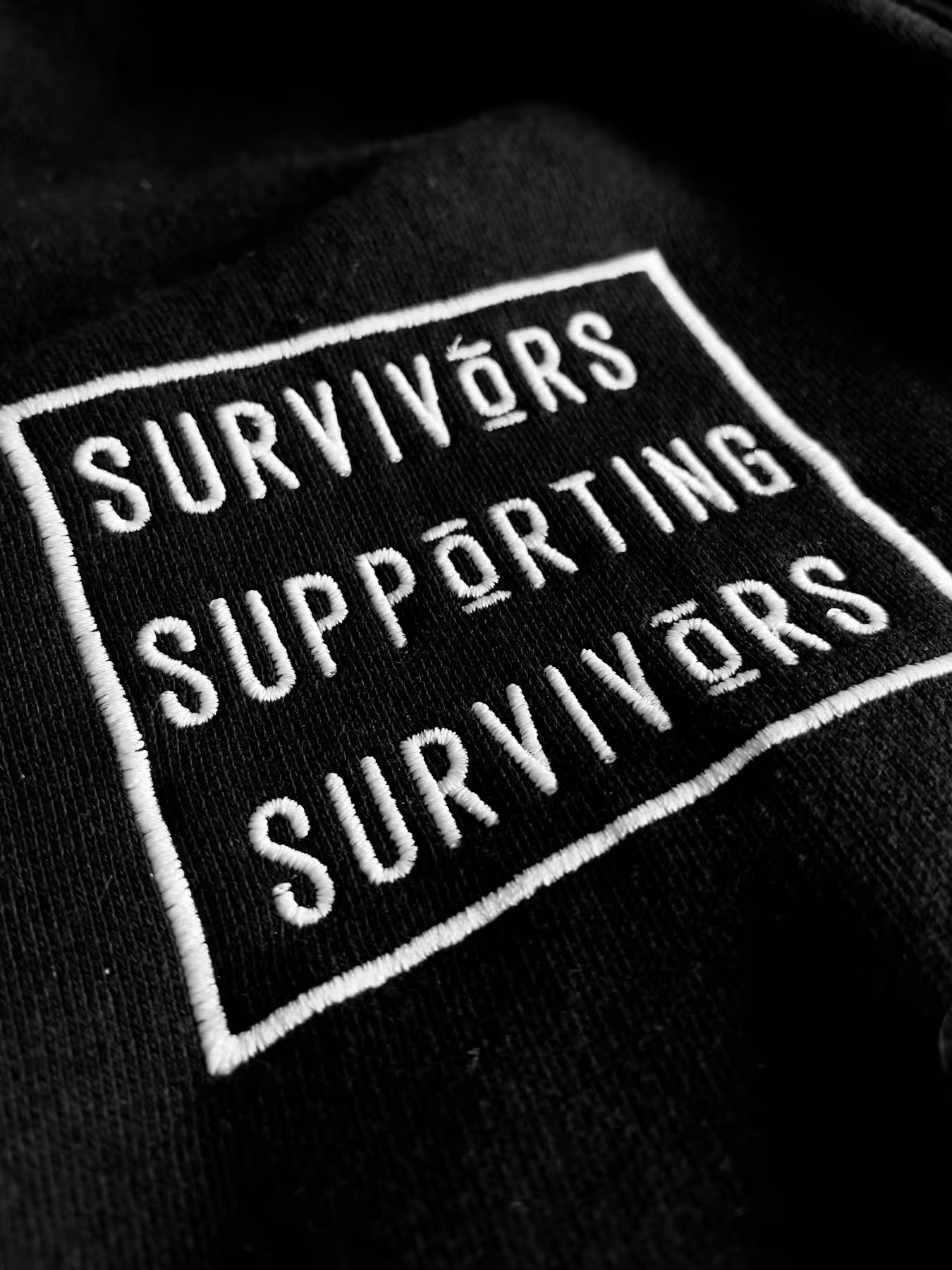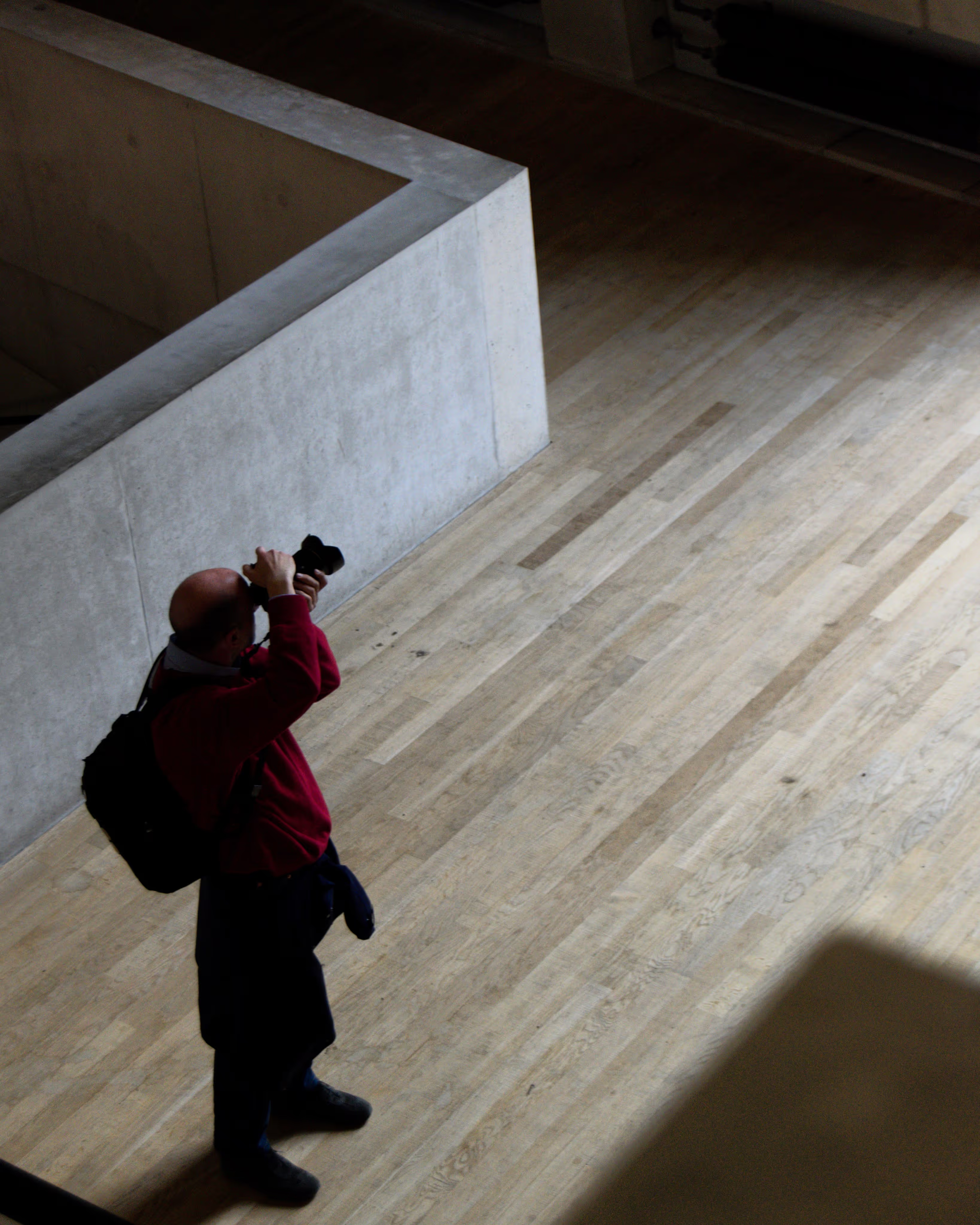Stroke Isn’t Just for the Elderly: The Reality for Younger Survivors

When most people think about a stroke, they picture someone elderly. Perhaps a grandparent or an older neighbour. That was my own understanding as well until October 2018, when I suffered an ischemic stroke at the age of 41. Suddenly, the cliché shattered, and I was confronted with a new, unsettling truth: stroke can happen to anyone, at any age.
In the UK alone, nearly 40,000 younger people defined as under 65 have a stroke every year. I became one of them, even though I’d been working full-time, living a busy, active life, and had no glaring health red flags. It’s a shock to the system when you go from the momentum of career, social life, and family, to a hospital bed with a diagnosis that most people associate with someone decades older.
A Misunderstood Experience
The hardest part, after surviving the stroke itself, was dealing with how little people understood what had happened to me. Colleagues, friends, and even some NHS professionals sometimes didn’t know what to say or what to do. I looked relatively “OK” on the outside. But inside, I was dealing with life-changing challenges: partial sight loss, epilepsy, cognitive struggles, and the heavy weight of anxiety and depression.
There’s a strange kind of invisibility that comes with being a younger stroke survivor. People often assume you’ll bounce back in a matter of weeks, just because you look fit or don’t use a walking aid anymore. They don’t see the hidden battles. The fatigue that hits you like a truck, the way you have to learn to navigate your environment with altered depth perception, the frustration of losing your independence.
For me, my stroke interrupted far more than just my health and in that I am not alone. It disrupts careers, parenting, relationships, financial stability, and even our sense of identity. You might be the main breadwinner, or raising young children, or caring for elderly parents yourself. Suddenly, everything is flipped on its head. The ripple effects reach far beyond the hospital discharge.
Employment and Social Stigma
One of the most difficult parts of recovering from stroke as a younger person is returning to work - or trying to. Employers can struggle to understand what stroke recovery looks like for someone who still seems “young”. Flexible hours, gradual returns, and reasonable adjustments aren’t always offered or even discussed. There’s a sense of being let down, not because people mean harm, but because they just don’t know any better.
Even friends can get it wrong, with comments like “You look fine now!” or “You don’t look like you’ve had a stroke.” These words, meant to be comforting, can leave you feeling even more isolated. Stroke recovery is not only about surviving the acute phase; it’s about living with the after-effects, which can last months, years, a lifetime.
Social stigma is another heavy burden. People might shy away from talking to you about what happened, or treat you differently, as if you’re fragile or damaged. It can leave you feeling disconnected at the very moment you most need understanding and support.
Raising Awareness Matters
That’s why I feel it’s so important to share my story, even though it feels deeply personal and sometimes vulnerable. Stroke survivors need to be visible. We need to challenge the myth that stroke is only an “old person’s problem,” because it isn’t and younger people deserve targeted support and resources too.
The more we talk openly about the true impact of stroke, the easier it will become for survivors like me to rebuild our lives without shame or silence. Rehabilitation services, mental health support, and workplace accommodations need to keep up with the reality that stroke can, and does, affect people from birth, in their teens, 20s, 30s, 40s and beyond.
No one is too young!! That message can save lives by encouraging people to recognise the signs of stroke sooner and by fostering compassion and awareness among employers, family and friends.
Final Thoughts
I don’t share my experience to ask for sympathy. I share it because if it happened to me, it could happen to someone else you know – your partner, your colleague, your friend. Stroke can change a life in an instant, no matter how old you are.
By talking about it, we break down those stereotypes and make space for younger survivors to heal, recover, and thrive without feeling invisible. If you take one thing away from my story, let it be this: stroke doesn’t discriminate by age. And no survivor should ever feel alone because of that.
Explore More
Discover Andy's Inspiring Journey
Join Andy in exploring his remarkable story and art.


